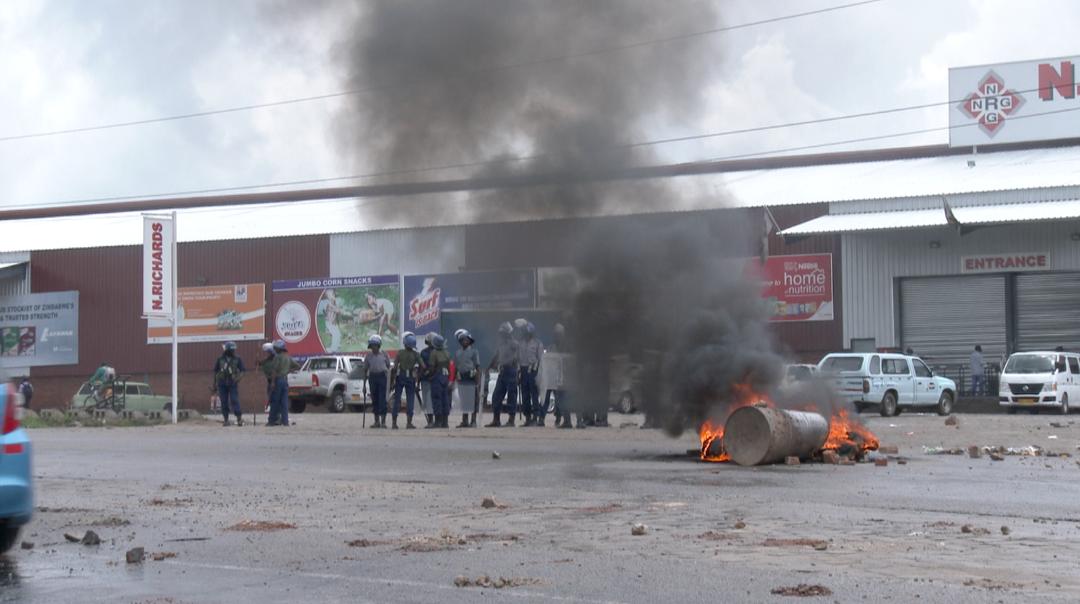
Report: Growing gap between rich and poor fuelling global anger
Tax systems that put a high burden on the poor mean public services are underfunded, stretching the gap between rich and poor and fuelling global public anger, charity organization Oxfam International said on Monday.

Executive Director Winnie Byanyima, said the ensuing inequality stretches the gap between the rich and the poor and fuels global public anger.
Oxfam released its annual Global Inequality report on Monday, indicating that a new billionaire was created every two days last year, even as the poorest half of the world’s population saw their wealth decline by 11%.
The report was released as citizens of two countries in Africa – Zimbabwe and Sudan – took to the streets over the past weeks and days to protest against economic crises in their nations.
The report was also released as political and business leaders gather for the annual World Economic Forum in Davos, Switzerland, where Oxfam is hoping to encourage governments to clamp down on tax dodging among the wealthy to boost funding for public services.
“So last year alone we saw billionaire wealth increase by 2.5 billion dollars every day while the wealth of the bottom half of humanity 3.8 billion was dropping by 500 million dollars a day. This is a trend, it doesn’t just happen just once,” Byanyima said in an interview with Reuters.
The charity did express that tax rates for the rich and corporations had been cut in recent decades. And when governments fail to tax the wealthy, they pass the tax burden on to poor people through consumer levies like value added tax.
“So, we are seeing some progress but not enough… I am here in Davos to call on governments to wake up and take up their responsibilities and tax fairly, tax wealth and put the money in the public services that people need,” she added.
The report does not call out any countries by name, but extreme poverty is increasing in sub-saharan Africa, with evidence showing that more than 3.4 billion people are living on less than $5.50 a day – the World Bank’s new poverty line for extreme poverty in upper middle-income countries.
In light of the report, Oxfam wants to petition governments to do more to tax the rich to help bridge inequality, as now there will be more funds available to tackle universal health care challenges, and improve access to education.
According to the annual report: “37% of the population in Sub-Saharan Africa lack access to an improved water source, while 65% do not have access to electricity.”
Protests broke out in Sudan in December 2018, after Sudanese residents took to the streets to complain about the rising price of bread. More than a month later, the protests still continue, now amid calls for the incumbent President Omar Al Bashir to step down.
In Zimbabwe meanwhile, the government effected a 140% increase in the price of fuel last week, in an effort to stabilize supply of the crucial commodity. The country’s labour union called for a three day strike to compel the government to rescind its decision.






